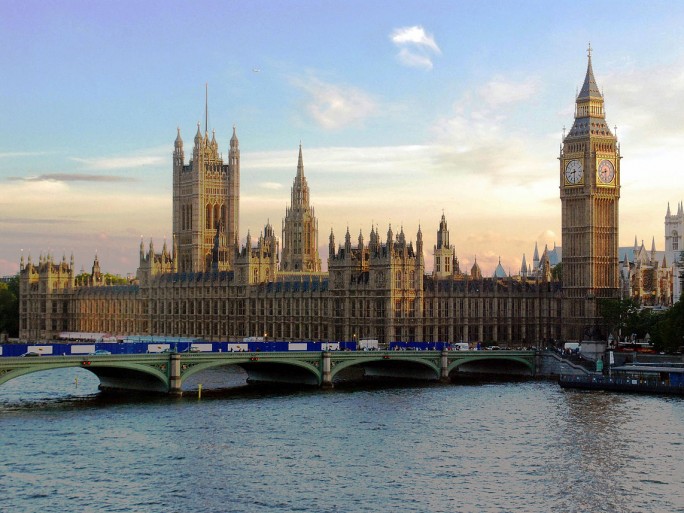GCHQ Warns Political Parties Of Russian Cyber Threat To 2020 General Election

GCHQ warns that Russian tempering during US Presidential election is likely to happen again
UK democracy is at risk from Russian nation-state cyber attacks, according to British intelligence agency GCHQ, which has warned political parties that the next election could be impacted.
Ciaran Martin, chief executive of GCHQ’s National Cyber Security Centre (NCSC) has written to the leaders of the major parties as part of an emergency summit, warning them about the threat.
He has also offered them advice on how to defend against attacks in an effort to boost politicians’ cyber security education ahead of the next election, due to be held in 2020.
Russian hacks
According to The Sunday Times, Martin wrote in his letter: “You will be aware of the coverage of events in the United States, Germany and elsewhere reminding us of the potential for hostile action against the UK political system.
“This is not just about the network security of political parties’ own systems. Attacks against our democratic processes go beyond this and can include attacks on Parliament, constituency offices, think tanks and pressure groups and individuals’ email accounts.”
GCHQ and government sources reportedly said their main concerns are that hackers could leak internal emails or databases of voters’ political views and that GCHQ will help to secure “personal data sets, including the electoral role and voter identification data”.
The warnings come after Russian spies were accused of tampering with other national elections, most notably during the recent Presidential election in the US.
Prior to the elections, Russian intelligence agencies were accused of hacking the computer network belonging to the Democratic National Committee (DNC), prompting security experts to warn that hackers could disrupt the election process in key American states.
It now appears very likely that Kremlin-backed hackers were responsible. Before he left office Barack Obama ordered a “full review” into Russian hacking activities, as well as expelling 35 Russian diplomats and their families in retaliation.
And the fallout from the election hack continued at RSA Conference 2017 in February, where Microsoft president Brad Smith called on world governments to join forces in the battle against nation state attackers.